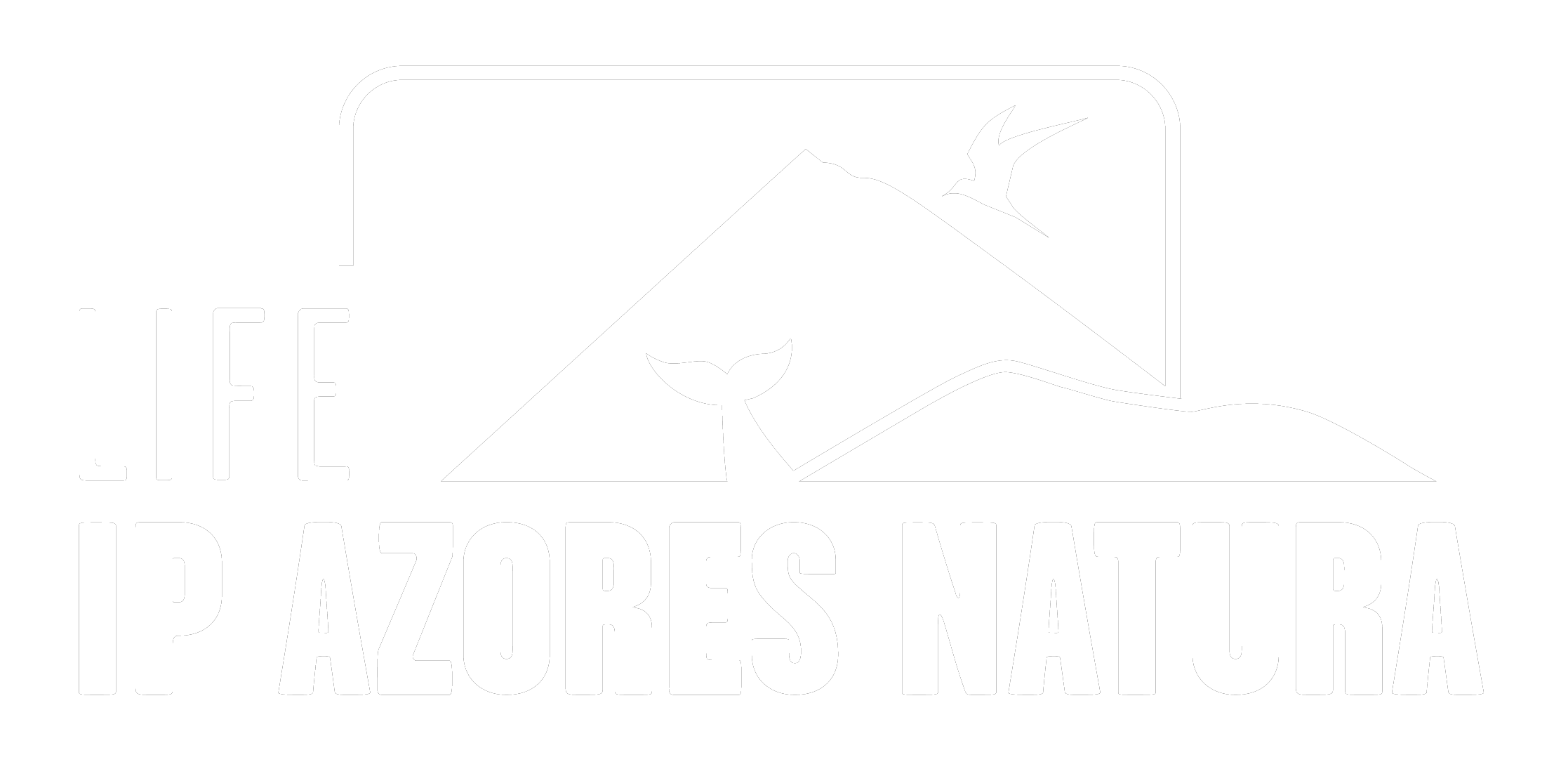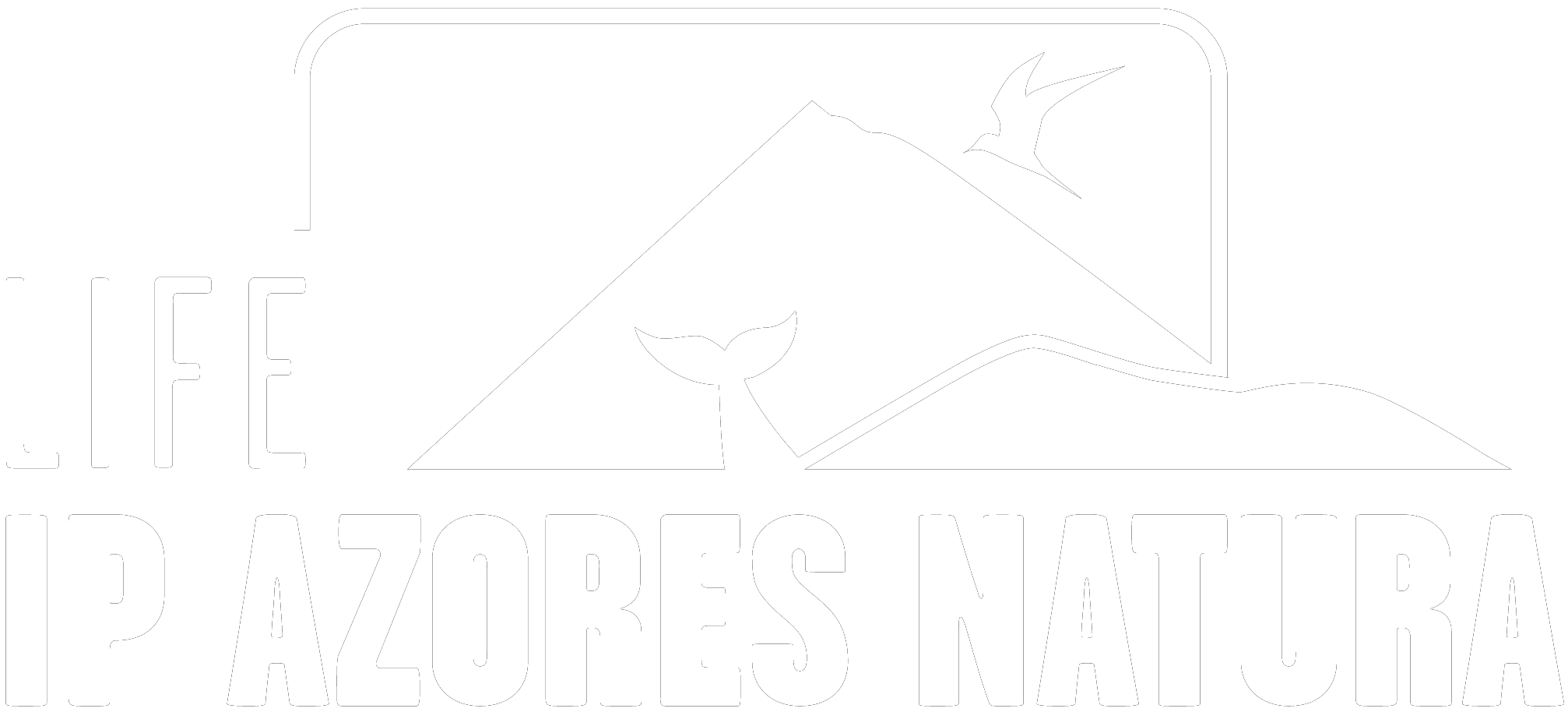Networking with other technical-scientific teams and LIFE projects, in addition to being a mandatory activity for any project supported by LIFE, is seen by the LIFE IP AZORES NATURA project as a fundamental task to leverage the results of the project, as well as to obtain knowledge and information useful to your developments.
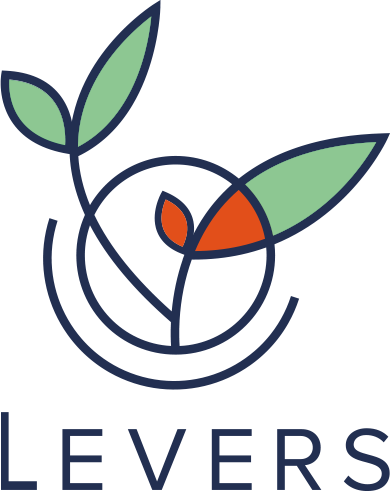
LEVERS
The LEVERS project aims to build a fair and sustainable Europe through inclusive learning and transformative action in response to climate change. The initiative explores the potential of local learning ecosystems as tools for community engagement, learning, and climate action.
It is being implemented in nine demonstrator regions across Europe, involving partners from formal, non-formal, and informal education, as well as community organizations, research, innovation, industry, and government.
Mission and Vision
- Create cross-sector collaborations to promote systems thinking and critical approaches.
- Develop climate justice programs with innovative and interdisciplinary educational methods.
- Provide meaningful learning experiences, empowering individuals to actively contribute to a fairer and more sustainable society.
Methodology
- Engage diverse audiences with different values.
- Prioritize urgent and systemic responses that promote social justice and collaboration.
- Use tools such as the Learning Framework and Field Guide to support the creation of local climate action projects.
Link for website: https://leversforclimate.eu/
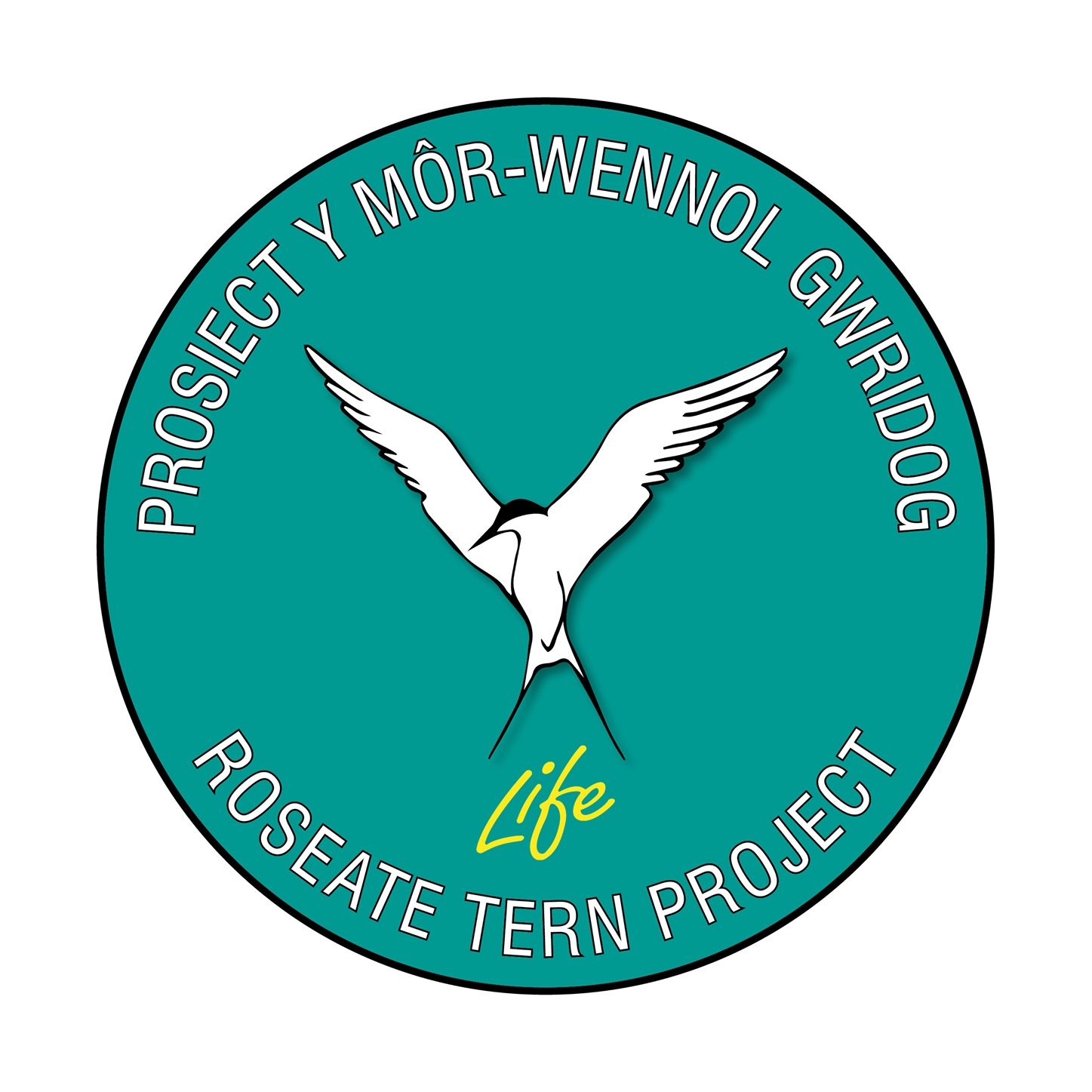
Roseate Tern LIFE Recovery Project
EU LIFE project managed by the RSPB in partnership with BirdWatch Ireland and North Wales Wildlife Trust.
The project LIFE14 NAT/UK/000394, entitled “Improving the conservation prospects of the priority species roseate tern throughout its range in the UK and Ireland”, ran from October 1, 2015 to September 30, 2020, with a total budget of €3,229,020, of which €2,421,765 were funded by the EU LIFE Programme. [roseatetern.org]
The main objective was to improve the conservation status of the roseate tern (Sterna dougallii) in the UK and Ireland, contributing to the recovery of the species across Europe. The actions included:
- Management and restoration of habitats at three main colonies: Rockabill and Lady’s Island Lake (Ireland), and Coquet Island (UK);
- Reduction of threats such as predation, disturbance, and loss of nesting sites;
- Promotion of recolonization of former breeding sites;
- Research on ecology, migration, and prey species;
- Development of conservation strategies for the entire northwest European metapopulation.
Link to the Facebook page: https://www.facebook.com/RoseateTernLIFE/

OCEANLIT
Management of protected coastal natural areas in island archipelagos affected by marine litter
Territorial cooperation project between Canary Islands, Azores, Madeira and Cape Verde with 15 partners, funded by the second call of the INTERREG MAC 2014-2020 Territorial Cooperation Programme, with ERDF funds and project code: MAC2/4.6D/302
Axis 4: Conserve and protect the environment and promote resource efficiency
Investment Priority 6.d: Protection and restoration of biodiversity and soil and promotion of ecosystem services, including through Natura 2000 and ecological infrastructures
TOTAL Budget: €1,383,676.18
ERDF Support (85%): €1,176,124.753
Implementation Period: September 2019 – August 2022 (36 months)
General Objective: Reduce marine litter through knowledge generation, improvement of the waste management system and awareness-raising among users and the general public, promoting the conservation and recovery of protected coastal and marine natural areas in oceanic archipelagos.
Link to website: https://www.oceanlitproject.com/proyecto/

Project MARCET II
MARCET II PROJECT (MAC2/4.6c/392)
“Promotion of whale watching ecotourist activity as a model of sustainable economic development by the protection and conservation of cetacean populations and increasing their value as a natural heritage of the Macaronesia”
The MARCET Project (MAC/1.1b/149), which ended in October 2019, was born with the aim of transferring and disseminating cutting-edge science and technology to promote the sustainable development of tourism activity associated with whale watching, by the creation and implementation of the MARCET Network, an interregional and multidisciplinary network that brings together specialized centers in monitoring and health surveillance of cetaceans, as well as operational oceanography, with the aim of integrating, harmonizing and optimizing knowledge, infrastructure and good practices in the region.
Link to website: https://marcet-mac.eu/wordpress/?page_id=715
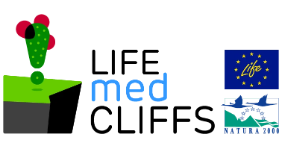
LIFE medCLIFFS
LIFE medCLIFFS – Towards an integrative management of Invasive Alien Plant Species in Mediterranean sea cliffs of European interest (LIFE20 NAT/ES/001223) is a nature conservation project funded by the European Union’s LIFE Programme and is being carried out mainly in Catalonia, specifically in the coastal area of the Costa Brava and the Natural Park of Cap de Creus. The main objective of LIFE medCLIFFS is to improve the current management of invasive alien plant species (IAPS) that threaten the floristic diversity at the habitat of community interest Mediterranean cliffs with endemic Limonium spp. (HIC 1240), one of the most affected habitats facing this problem. LIFE medCLIFFS has a total budget of 1,408,273 € and is implemented through a total of 16 actions to be carried out over five years (October 2021 – September 2026).
Link to website: https://lifemedcliffs.org/en/
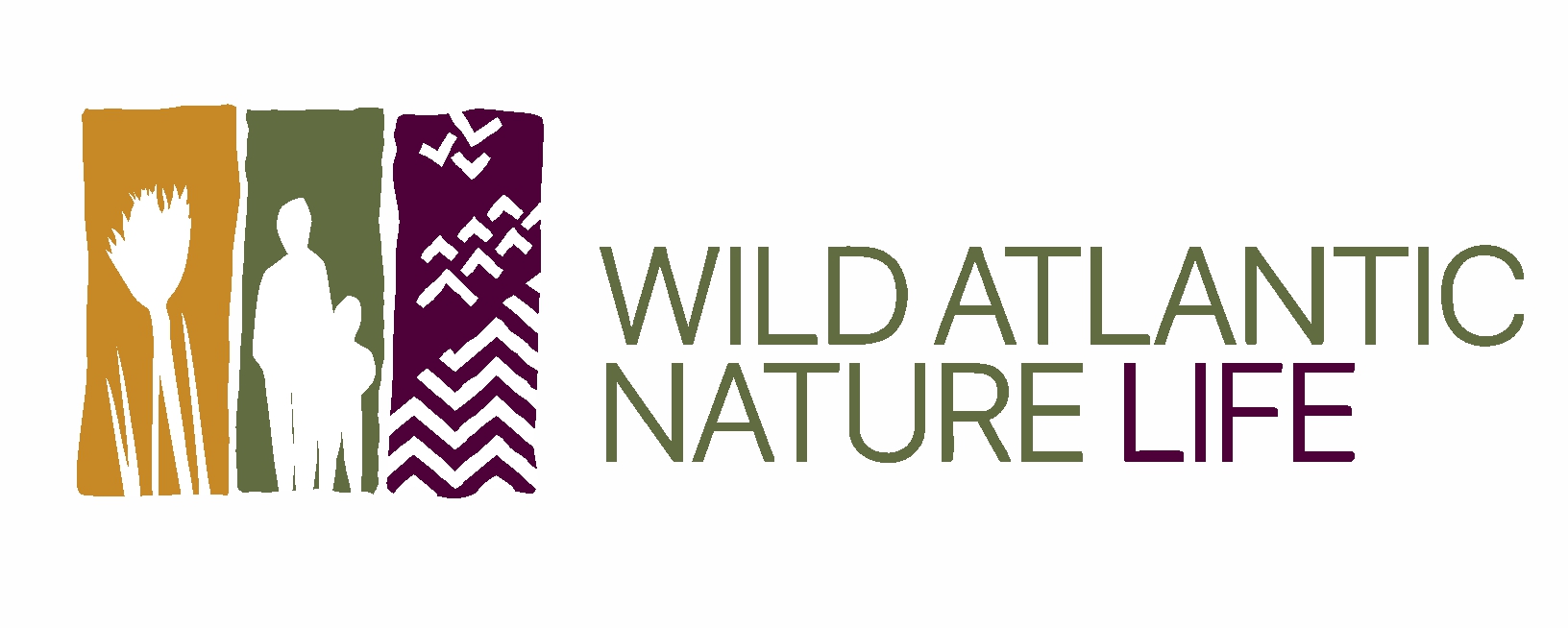
LIFE IP Wild Atlantic Nature
Wild Atlantic Nature LIFE Integrated Project (IP) is a nine-year environmental project (2021-2029) led by the Department of Housing, Local Government and Heritage. It aims to improve Ireland’s performance in conserving habitats, and in particular to improve the conservation status in the Special Areas of Conservation (SAC) Network of blanket bog, a priority habitat under the Habitats Directive. The primary focus is on 35 Natura 2000 sites in the northwest of Ireland. The project works with farmers and local communities to conserve and improve the quality of blanket bogs and associated habitats, and the ecosystem services they provide including clean water, carbon storage and biodiversity.
As part of the project, a pilot voluntary Results Based agri-environment Payment Scheme (RBPS) will be linked to the quality of the habitat, thereby putting the landowner, their skills, expertise and knowledge of their land central to the development of this project. The project will also implement a number of actions aimed at enhancing wider community engagement in the project. These include establishing local support groups across the project sites, developing and implementing community knowledge exchange programmes, administering community outreach activities, developing a schools education programme, supporting communities to develop and manage tourism and recreational activities and develop appropriate infrastructure. Another key action of the project will be a national campaign to enhance public awareness and appreciation of Ireland’s Natura 2000 network.
Other actions will include site surveys, ecological assessments, training for concrete conservation actions, control of invasive species, fire prevention, water management and monitoring and evaluation.
Link to website: https://www.wildatlanticnature.ie/

LIFE IP MarHa
Nature Integrated Project for effective and equitable management of marine habitats in France
France. 2017-2025. Agence Française de la Biodiversité
The main objective of LIFE IP – MarHa is to achieve a favourable conservation status for the marine habitats listed in Annex I of the Habitats Directive.
The project has the following objectives:
- Management and governance to enable coordinated implementation of the Habitats Directive, the Marine Strategy Framework Directive, and the Water Framework Directive.
- Improve capacity and tools to implement Natura 2000 policy; integrate marine users and activities.
- Take effective action to conserve and mitigate.
- Marine habitat conservation status assessments at biogeographic scales and monitoring tools for adaptive management.
- Enhanced international cooperation.
Link to website: https://intemares.es/en/otros_proyectos_mari/life-ip-marha/
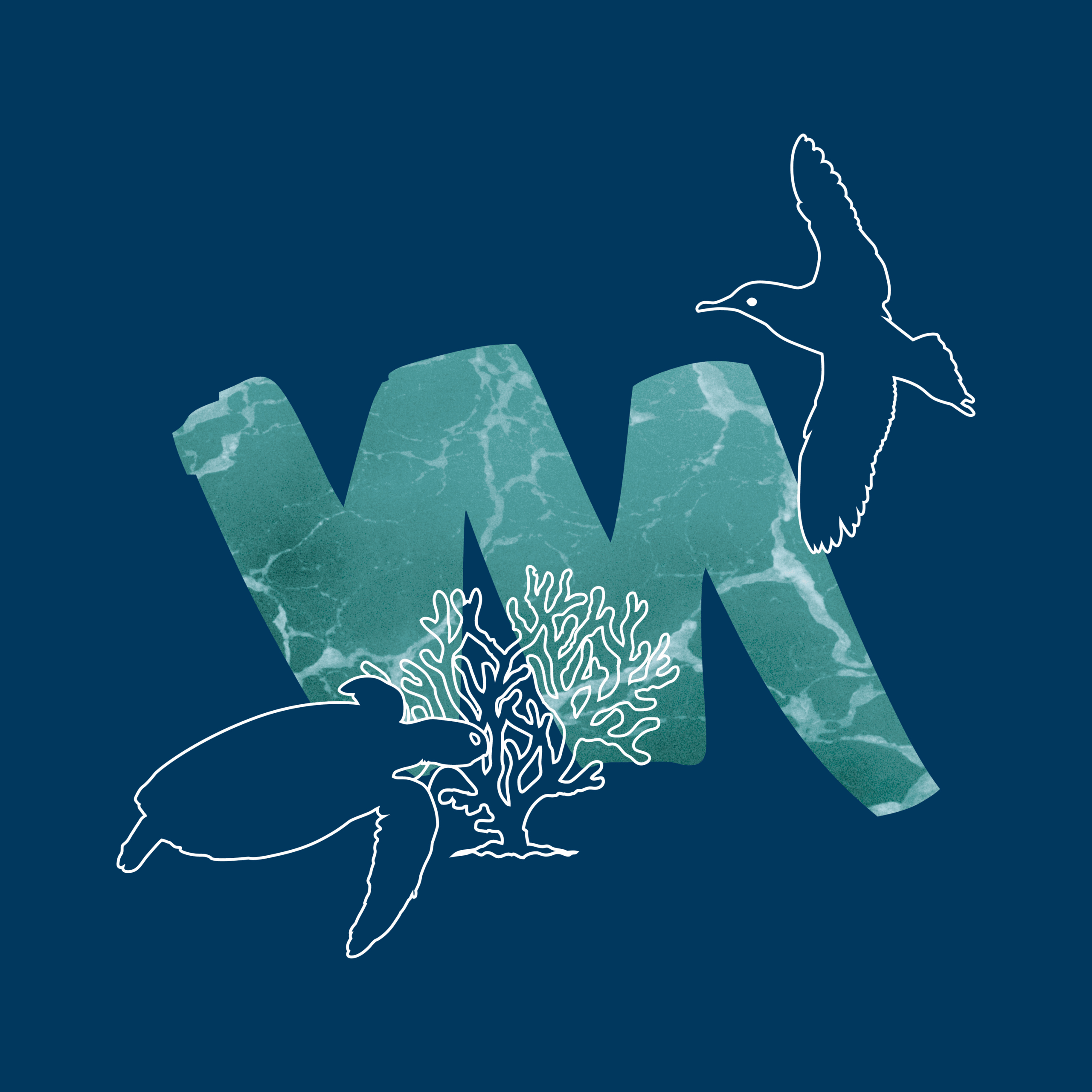
LIFE IP Intemares
The LIFE INTEMARES project aims to lay the foundations for achieving an efficiently managed network of Natura 2000 marine areas, with the real and effective participation of the sectors involved, and research as basic tools for decision-making.
- To improve the knowledge necessary for the management of the marine areas of the Natura 2000 Network.
- To ensure a favourable conservation status of habitats and species of community interest.
- To complete the Natura 2000 Network in the marine environment and ensure effective management of the sites included.
- Improve surveillance and monitoring of marine sites and the conservation status of habitats and species of community interest.
- Provide capacity building and training for managers and users of the sea to achieve the conservation objectives established in Natura 2000 areas.
- Promote information, awareness and cooperation among conservation stakeholders.
- Promote innovative approaches in the marine Natura 2000 Network and the opportunities that these sites can offer as reference areas for a new productive model in the framework of a blue economy.
- Involve socio-economic sectors and sea users in the management of these areas.
- Promote governance mechanisms for these areas.
- Demonstrate the effects of integrated management and disseminate them so that they can be applied in other EU regions.
- Reach 15% of the Spanish population.
- To achieve a better knowledge of the marine environment and the Natura 2000 Network.
- Raise public environmental awareness about the importance of the conservation of the marine Natura 2000 Network.
- Involve society in the management of the sites and increase social participation.
Link to website: https://intemares.es/en/
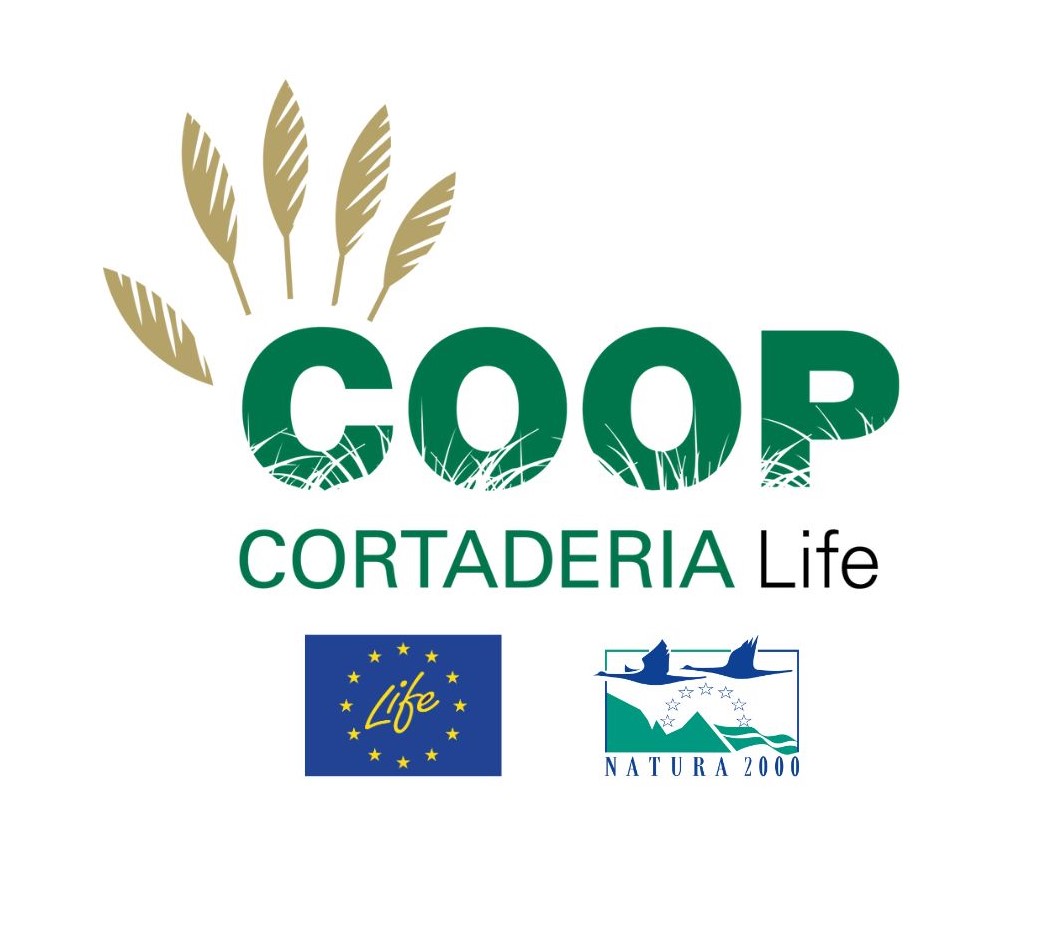
LIFE COOP Cortaderia
The invasive alien species commonly known as the pampa grass (Cortaderia selloana) has invaded places as diverse as North America, Australia and New Zealand, South Africa and Europe. In Europe, the pampa grass is present as an invasive alien species in the Atlantic Arc countries (Portugal, Spain, France, Belgium, the Netherlands, Ireland and the United Kingdom); as well as in Mediterranean countries (such as Italy and Greece) and Central European countries (such as the Czech Republic).
The project aims to improve public and private governance to tackle the invasion effectively, and to control Cortaderia populations by protecting especially coastal areas of the Natura 2000 network and river corridors, as well as working on the confinement of the species.
The project will favour the transfer of scientific and technical knowledge to other biogeographical regions where Cortaderia selloana is also a problem, thanks to the Transnational Alliance.
Link to website: https://lifecoopcortaderia.org/en/portada-en/
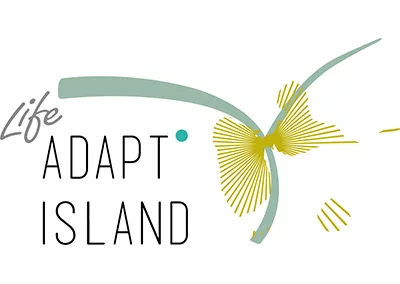
LIFE Adapt Island
The Adapt’ Island project, implemented by the G.P.M.G. Guadeloupe Harbour, aims at restoring the eco-systems, corals and mangroves throughout 8000 ha of maritime area in Guadeloupe. This is a pioneering initiative to test the methodologies of restoration, and to replicate them to other territories. The project started in 2019. Did you know that Corals and Mangroves do not only protect the coast against erosion, and extreme weather events, but also have an enormous potential for the sequestration of CO2? As many other islands, Guadeloupe is a small island territory located in the intertropical zone. This situation makes it particularly vulnerable to various threats induced by climate change, such as the risks associated with accelerated coastal erosion (sea level rise, increased cyclone intensity). Moreover, 31 of the 32 towns of Guadeloupe are located on the littoral and are vulnerable to climate change.
Nevertheless, some marine and coastal ecosystems such as mangroves, seagrass beds and coral reefs can significantly reduce erosion and protect coasts during cyclonic events. In addition, seagrass beds and mangroves are natural carbon sinks, sequestering atmospheric CO2 that is partly responsible for climate change. It is therefore essential to protect these coastal and marine ecosystems, but also to restore them where possible to create a climate adaptation strategy for the territory. This is why the Cayoli program ane the LIFE Adapt Island (with Pilot4dev) develop strategies to restore ecosystems including corals to improve the climate adaptation strategy. You could actively contribute to this fantastic project… Through the Cayoli website, you can get regular news www.cayoli.fr … This project is co-funded by the LIFE Climate Programme PILOT4DEV activities aim at connecting civil society, universities and pioneering initiatives with decision-makers.
Link to website: https://guadeloupe-portcaraibes.com/en/category/life-adapt-island-en/
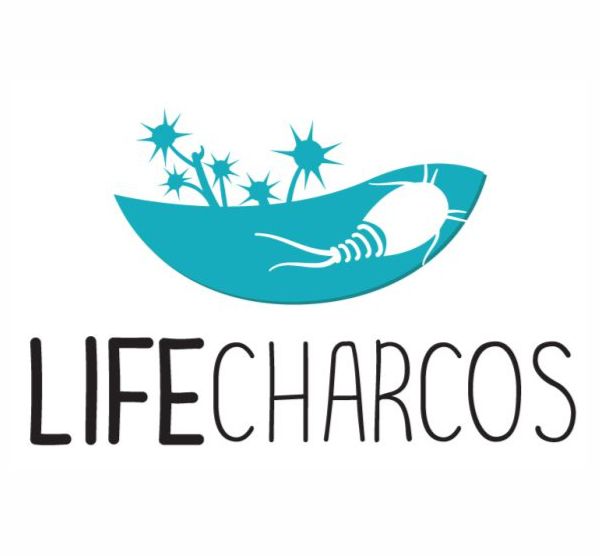
LIFE Charcos
The LIFE Charcos project aims to conserve Mediterranean Temporary Ponds (CTM), a priority habitat (code 3170*) under the European Union Habitats Directive. These ponds are seasonal wetlands, mainly located along Portugal’s Southwest Coast, hosting unique biodiversity adapted to extreme conditions of flooding and drought. Their conservation is urgent due to increasing threats from agricultural intensification and widespread lack of awareness about their ecological value.
Coordinated by the Liga para a Protecção da Natureza (LPN), the project involves several partner entities and operates within the Southwest Coast Site of Community Importance. Key actions include:
- Georeferenced mapping of ponds and associated biodiversity;
- Hydrogeological studies of the habitats;
- Ecological restoration and promotion of connectivity between ponds;
- Creation of a seed bank;
- Environmental awareness campaigns targeting landowners, farmers, schools, and the general public.
LIFE Charcos seeks to ensure the long-term conservation of these fragile habitats and their associated biodiversity, while also promoting societal appreciation and integration into the Natura 2000 Network.
Link to website: https://lifecharcos.lpn.pt/
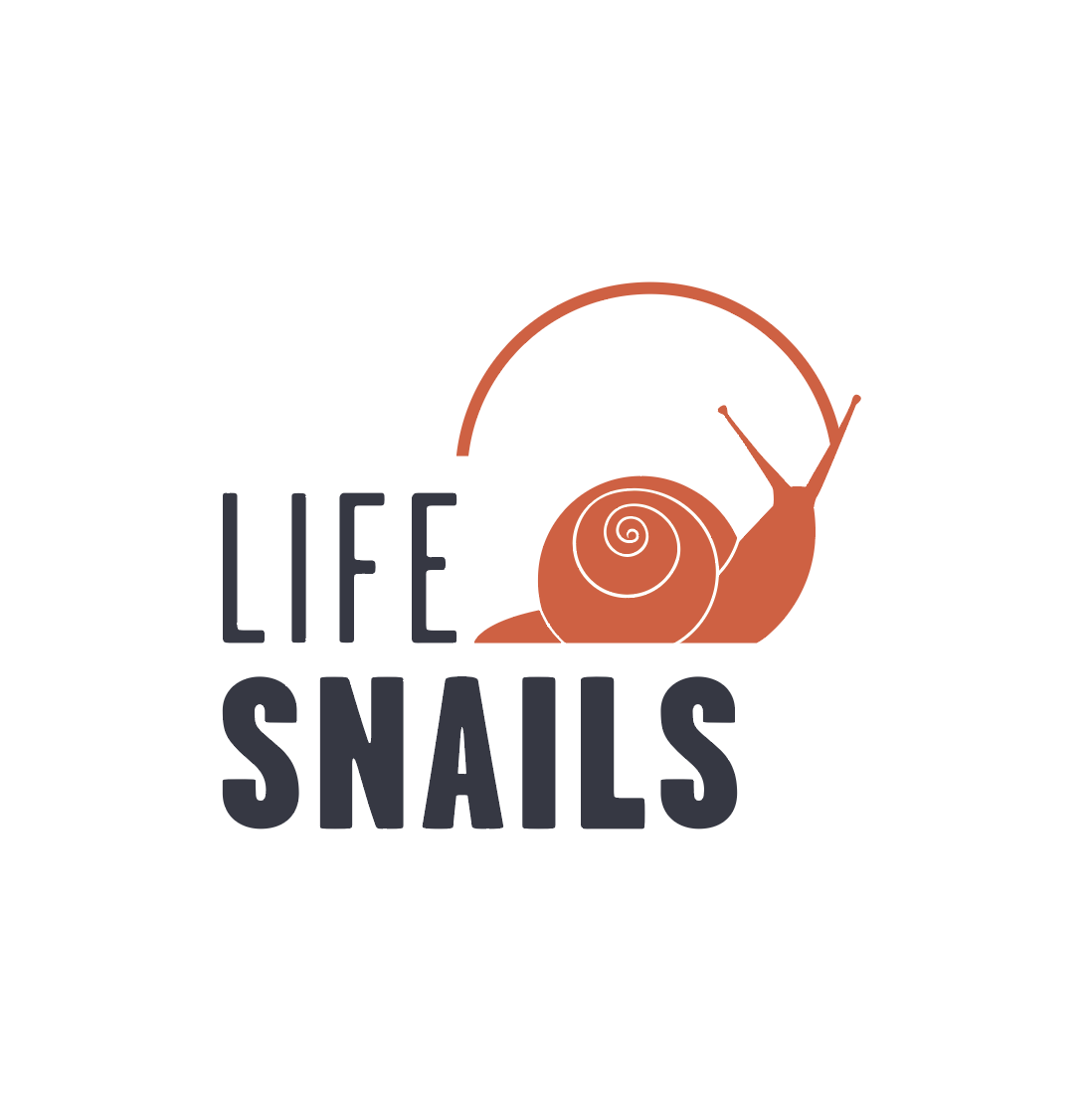
LIFE SNAILS
The LIFE SNAILS – Support and Naturalization in Areas of Importance for Land Snails project results from an application coordinated by the Regional Secretariat for the Environment and Climate Change to the LIFE Programme, under the biodiversity strand.
With a total budget of €1,994,078, of which €1,096,742 is co-financed by the European Union, the project aims to conserve three endangered land snail species endemic to Santa Maria Island, through habitat improvement, invasive species control, implementation of conservation support tools in marginal areas, and promotion of youth and senior volunteering for biodiversity.
The project partnership includes the Regional Directorate for the Environment and Climate Change, the Regional Directorate for Forest Resources, and the company Desafio das Letras, Lda., each with specific responsibilities in the administration, implementation, and monitoring of project actions.
Starting in January 2022, the project will run for five years, and is expected to result in, among other outcomes:
- An increase in available habitat for the three target species (Plutonia angulosa, Oxychilus agostinhoi, and Leptaxis minor) through renaturalization efforts, habitat fragmentation reduction, and control of invasive exotic species, focusing on forests, streams, and marginal agricultural lands;
- Improved habitat quality in current and surrounding distribution areas of the target species, aiming for population recovery and expansion, which may lead to an improved conservation status (currently classified as Endangered and Critically Endangered according to the IUCN Red List criteria);
- Testing and evaluation of low-cost forestry and agricultural practices that reconcile species conservation with regular agricultural and forestry production activities, with a view to future replication in the context of climate change;
- Engagement of the local community, especially farmers, schools, and visitors (particularly tourists), through innovative and demonstrative solutions supporting nature and biodiversity conservation on Santa Maria Island and in the Azores. These solutions are expected to be more broadly applied by public and private stakeholders across the Autonomous Region of the Azores, promoting sustainability and climate change adaptation.
In this context, LIFE SNAILS joins other LIFE Programme co-financed projects in the region, also coordinated by the Regional Secretariat for the Environment and Climate Change (LIFE VIDALIA, LIFE BEETLES, LIFE IP AZORES NATURA, and LIFE IP CLIMAZ), contributing continuously to leveraging LIFE Programme funding to meet the implementation needs of European environmental policies, particularly the EU Biodiversity Strategy.
Link to website: https://www.lifesnails.eu/
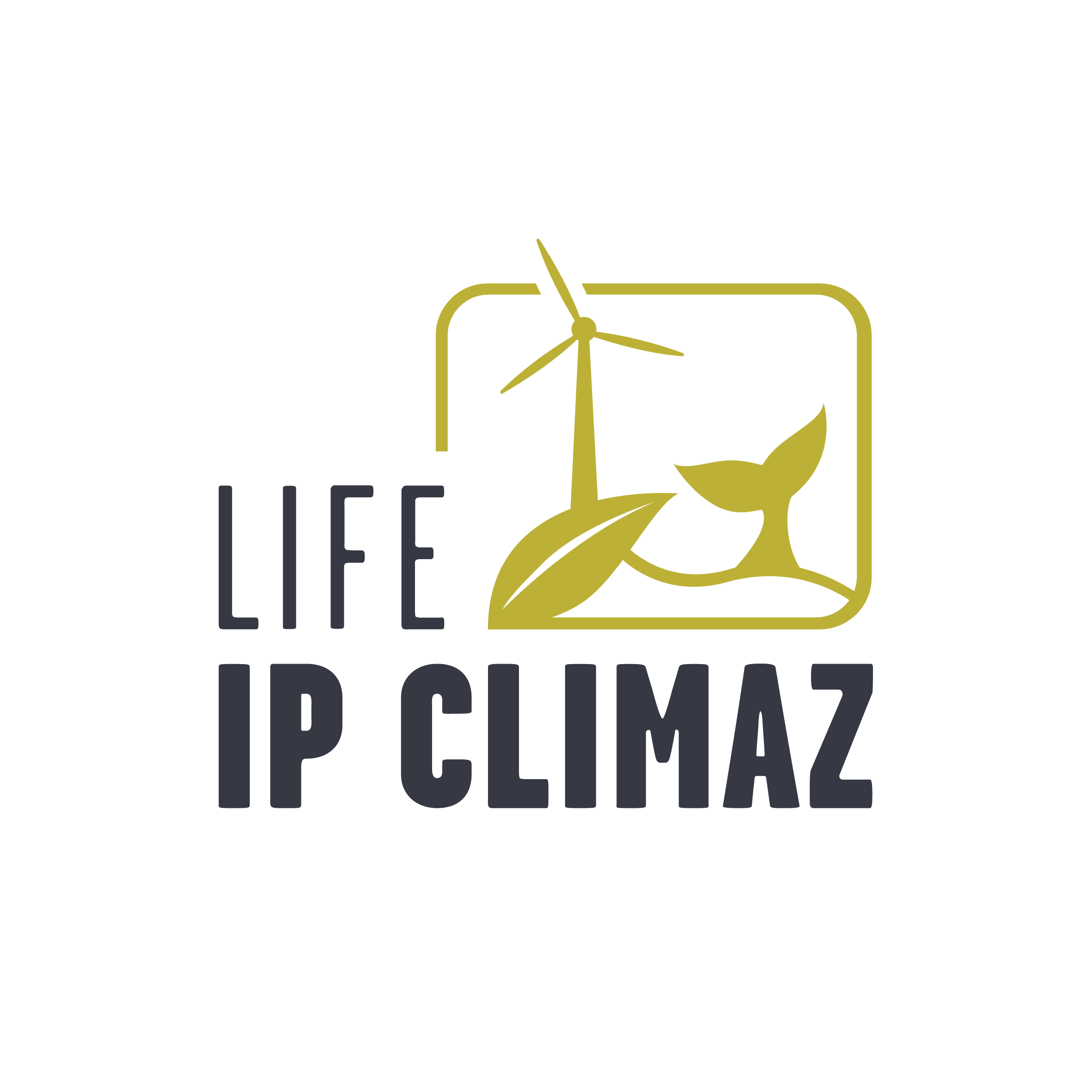
LIFE IP CLIMAZ
Although it encompasses all the objectives of the PRAC, the LIFE IP CLIMAZ project focuses on ensuring the implementation of a group of measures whose objective is to achieve specific and transversal key guidelines for adaptation and mitigation of climate change.
In order to achieve the PRAC goals, the LIFE IP CLIMAZ project, to be implemented in the Autonomous Region of the Azores, is based on combined work with all the Strategic Objectives (SO) of the PRAC, and foresees:
-
Increase knowledge and information on climate change and its effects (SO1);
-
Promote research, development of solutions and increased capacity to deal with adaptation and mitigation needs (SO2);
-
Improve monitoring and reporting capacity (SO3);
-
Promote the transition to a regional economy based on low carbon emissions (SO4);
-
Promote a sustainable path to reduce greenhouse gas (GHG) emissions (SO5);
-
Promote the integration of adaptation and mitigation objectives into other sectoral policies (SO9/SO6);
-
Strengthen territorial resilience to climate change vulnerabilities and risks (SO7);
-
Promote adaptation in all strategic sectors (SO8);
-
Promote the integration of adaptation and mitigation objectives into other sectoral policies (SO9/SO6);
-
Raise awareness in society about the main challenges posed by climate change, contributing to increasing climate governance and the action of individuals and organizations (SO10);
-
Promote and facilitate the involvement of local communities and stakeholders in identifying and defining roadmaps for adaptation (SO11).
Link to website: https://www.lifeipclimaz.com/
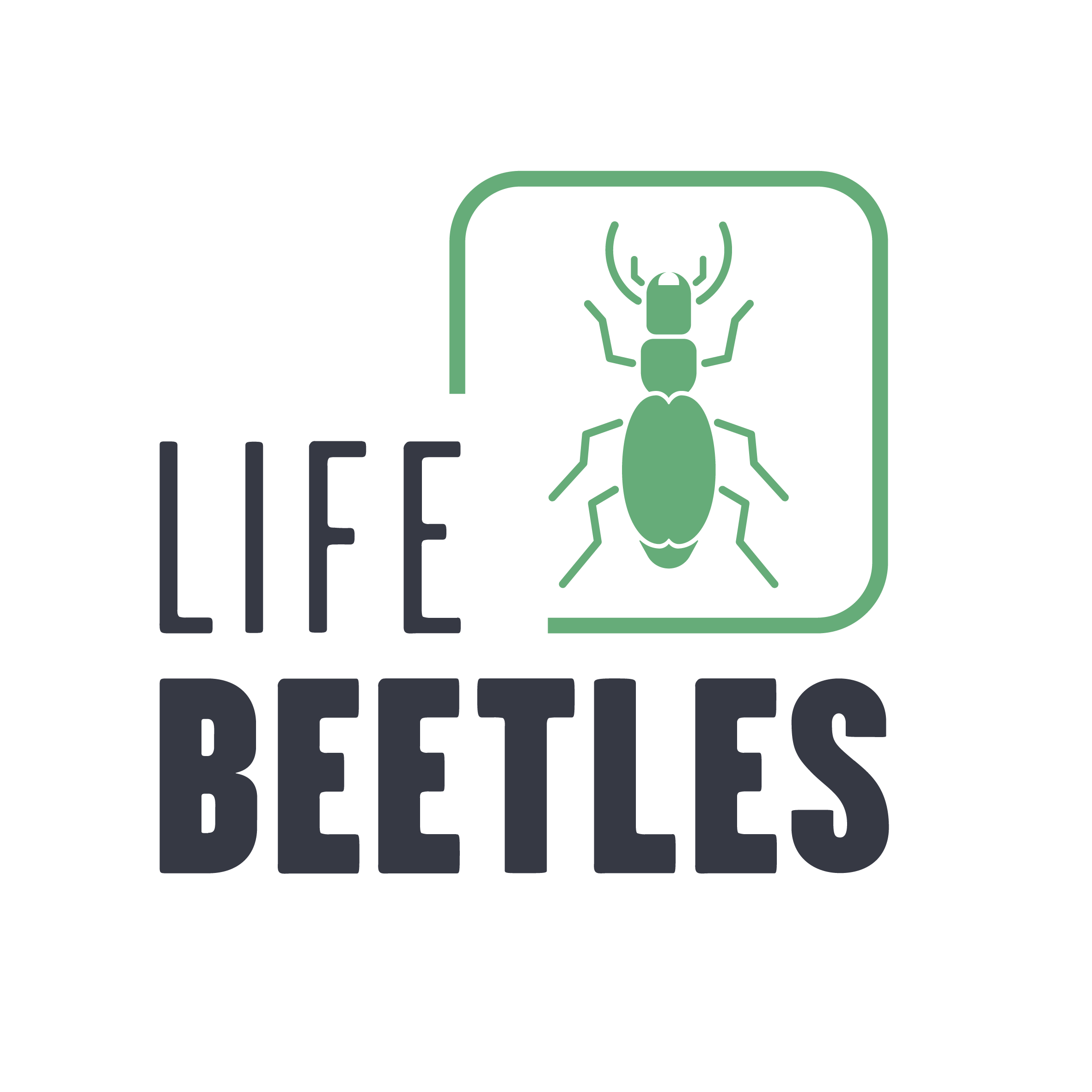
LIFE BEETLES
The LIFE BEETLES project is a nature conservation project co-financed by the European Union and coordinated by the Secretariat for the Environment and Climate Change, having the Directorate of Environment and Climate Change as a partner, with a global investment of 1,76 million euros that will run for 5 years (from January 2020 until December 2024). The project aim is to improve the population size, distribution area and conservation status of three endemic beetle species:
- Ironclade beetle (Tarphius floresensis) on Flores island
- Laurocho (Pseudanchomenus aptinoides) on Pico Island
- Ground beetle (Trechus terrabravensis ) on Terceira Island.
Link to website: https://www.lifebeetlesazores.com/en/
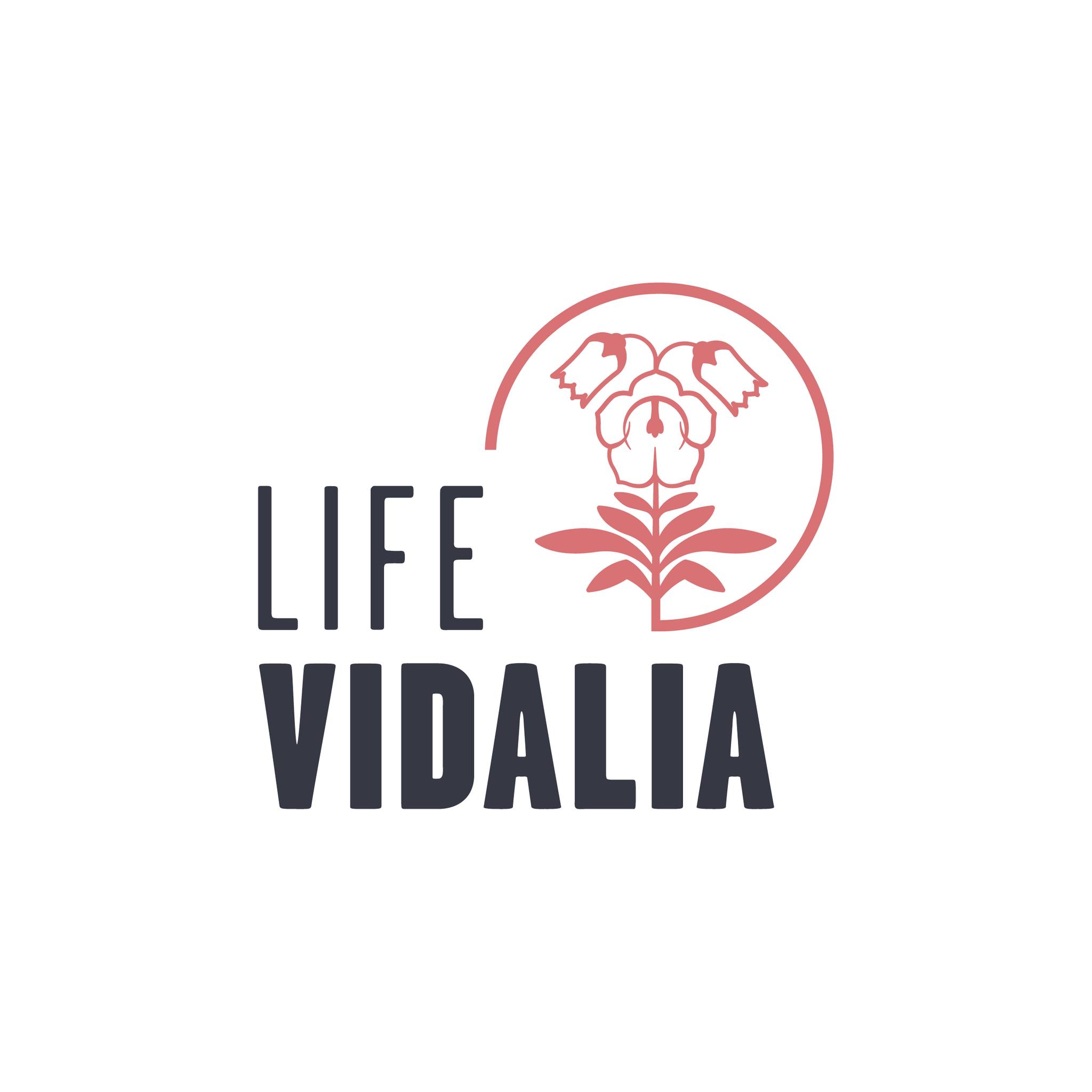
LIFE VIDALIA
The LIFE VIDALIA project, co-financed by the European Union through the LIFE Programme, was in effect from July 1, 2018 to June 30, 2023, working towards the conservation of vidália (Azorina vidalii) and Azorean lotus (Lotus azoricus), two protected and priority species for conservation. The efforts to preserve these endemic Azorean flora species were carried out in twenty intervention areas, distributed across the islands of Faial, Pico, and São Jorge, where protection and restoration of their natural habitats were undertaken through population reinforcement, elimination of threats, and environmental awareness.
With the end of the project, the maintenance of the intervention areas will continue to be ensured by the Regional Secretariat for the Environment and Climate Change, through the LIFE IP AZORES NATURA project.
